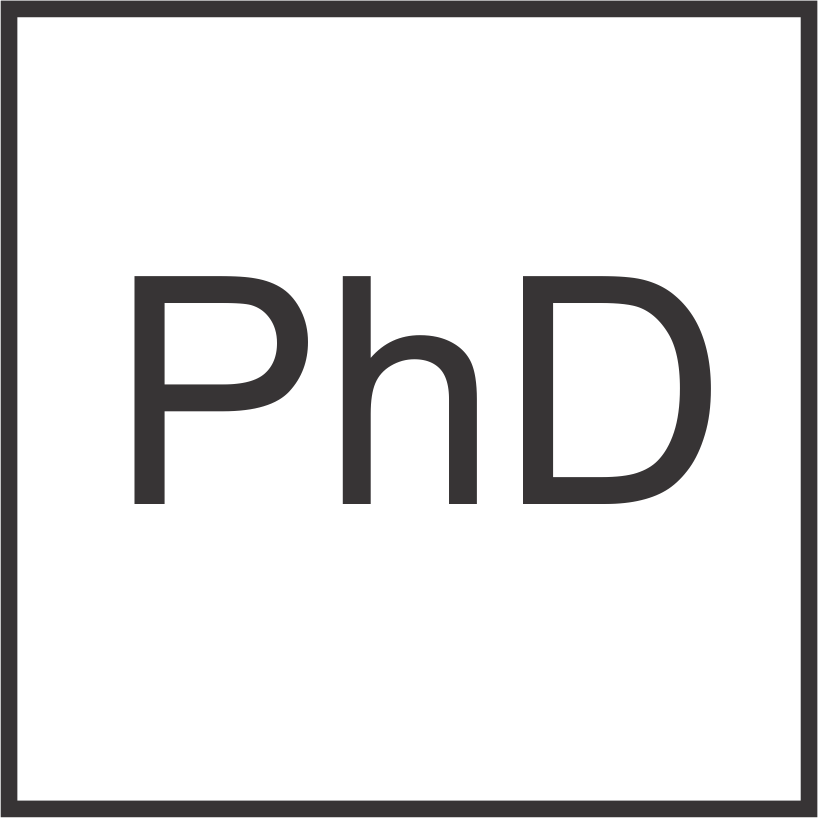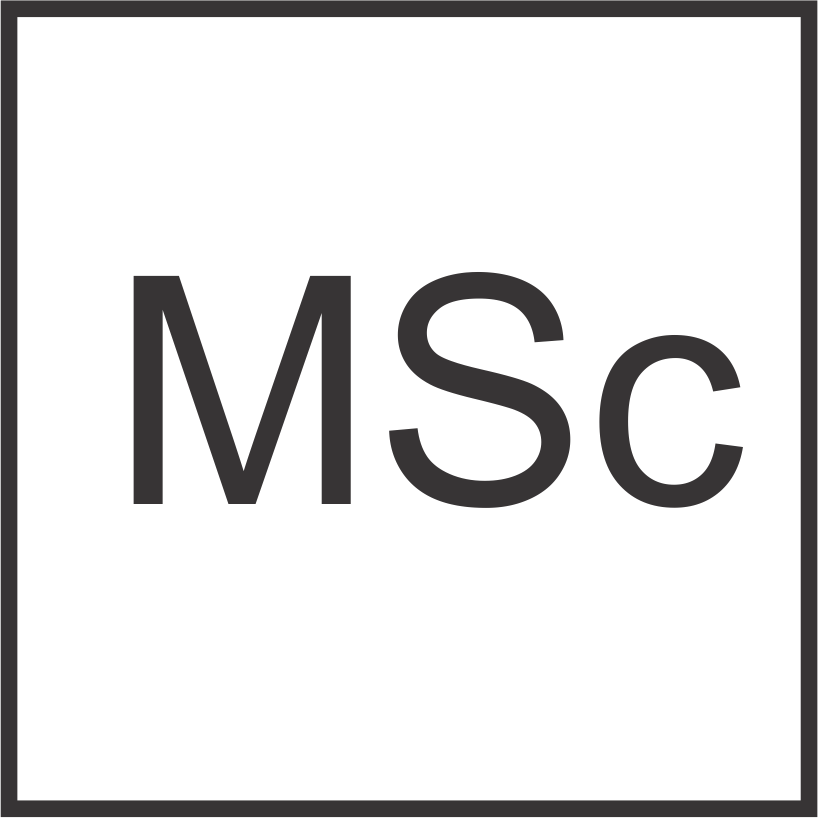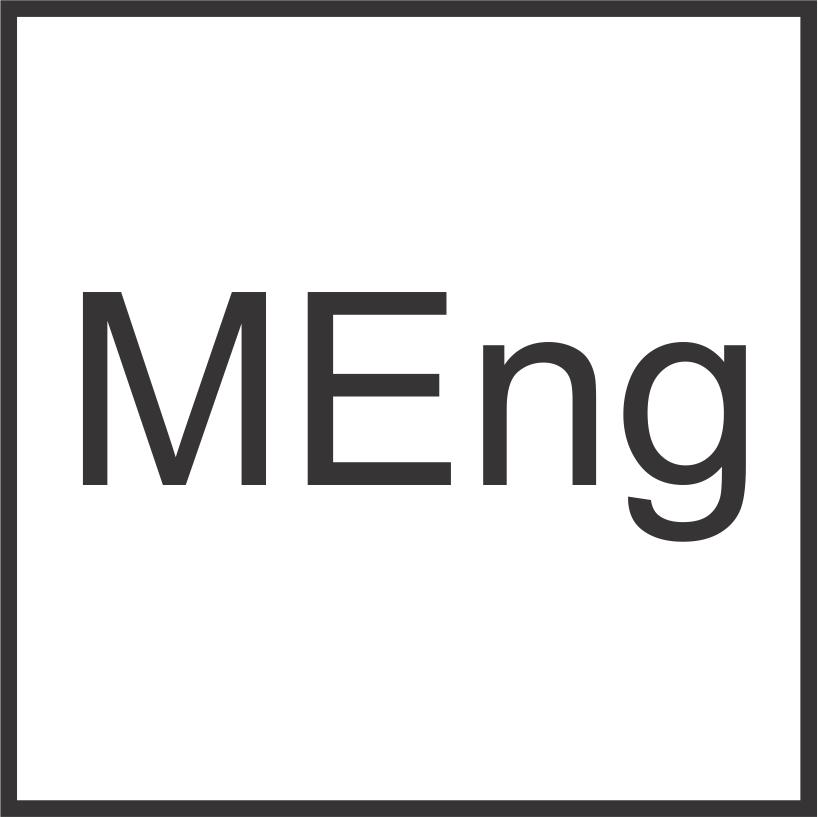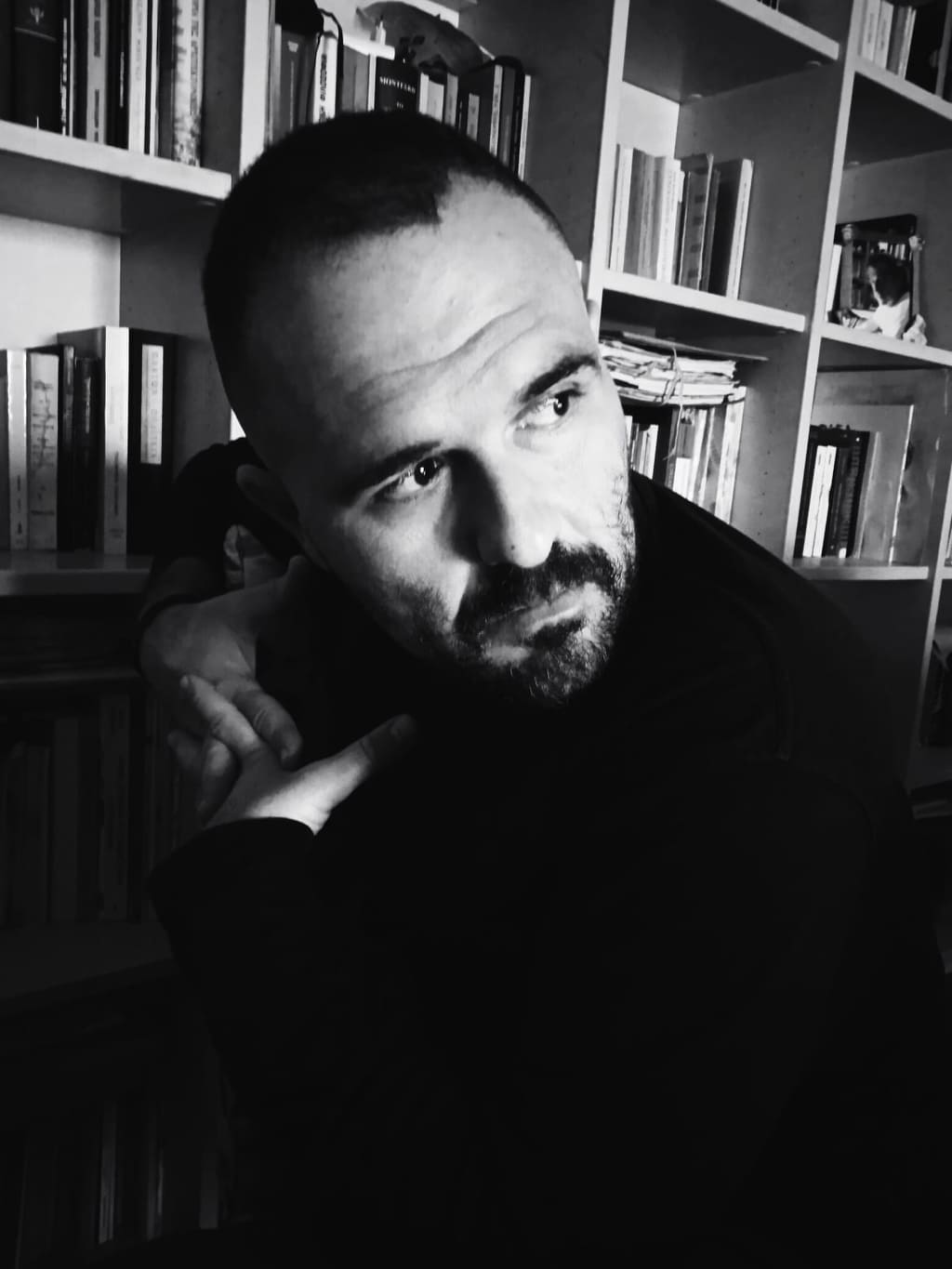Education.
Doctor of Philosophy
Since 2012, I have a PhD from NTUA, School of Chemical Engineering in Multiscale modeling and systemic analysis of chemical vapor deposition (CVD) processes. which was supervised by Prof. Andreas Boudouvis.
PhDMaster of Science
I have a MSc from the interdepartmental graduate program in NTUA "Computational Mechanics". My master thesis, entitled Analysis of prototype chemical vapor deposition processes with the computational code Fluent on parallel computing clusters, was supervised by Prof. Andreas Boudouvis. I graduated in 2008."
MScMaster of Engineering
I have a MEng from the department of Chemical Engineering in the University of Patras. My diploma thesis, entitled Steady state flow computations around particles in Bingham fluids, was supervised by Prof. J.A. Tsamopoulos. I graduated in 2006.
MEngHonors and awards
- Best Doctoral Thesis Award in NTUA by the Sarafis foundation ( Senate's decision - in greek), 2017
- Nominated for the Best Doctoral Thesis Award by the European Community on Computational Methods in Applied Sciences (ECCOMAS), 2012
- Best Doctoral Thesis in Computational mechanics by the Greek Association of Computational Mechanics (GRACM), 2012
- Graduate Research Scholarship - Awarded by the National Scholarship Foundation of Greece (IKY), 2009 - 2012
- Thwmaidio award, 2009-2012
- VRIκα! Fellowship - Awarded by the French Embassy in Greece, 2008



